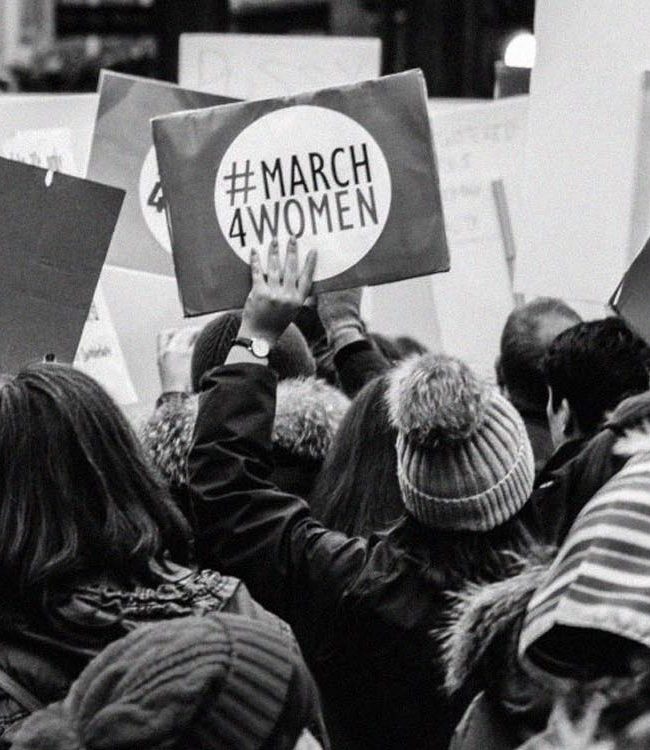Ryan James Caruthers Challenges Archetypes of Masculinity in New Photo Series ‘Tryouts’
‘Strong’ and ‘dominant’ are popular adjectives often associated with masculinity. However, our Gender Report found that a significant number of male respondents saw themselves as being somewhere ‘in the middle’ of masculinity and femininity and did not wholly identify with the stereotypes most commonly attributed to men.
New York based photographer and Saint Laurent model, Ryan James Caruthers uses his own ‘coming-of-age experience’ to challenge these false ideologies, and reflectively explore connections between masculinity, athletics and being gay in his new photo-zine. Tryouts is a series of self-portraits inspired by ‘childhood isolation’ and life with Pectus Excavatum (a bone disorder where the ribs and sternum grow incorrectly and instead cove inward, creating a caved-in chest).
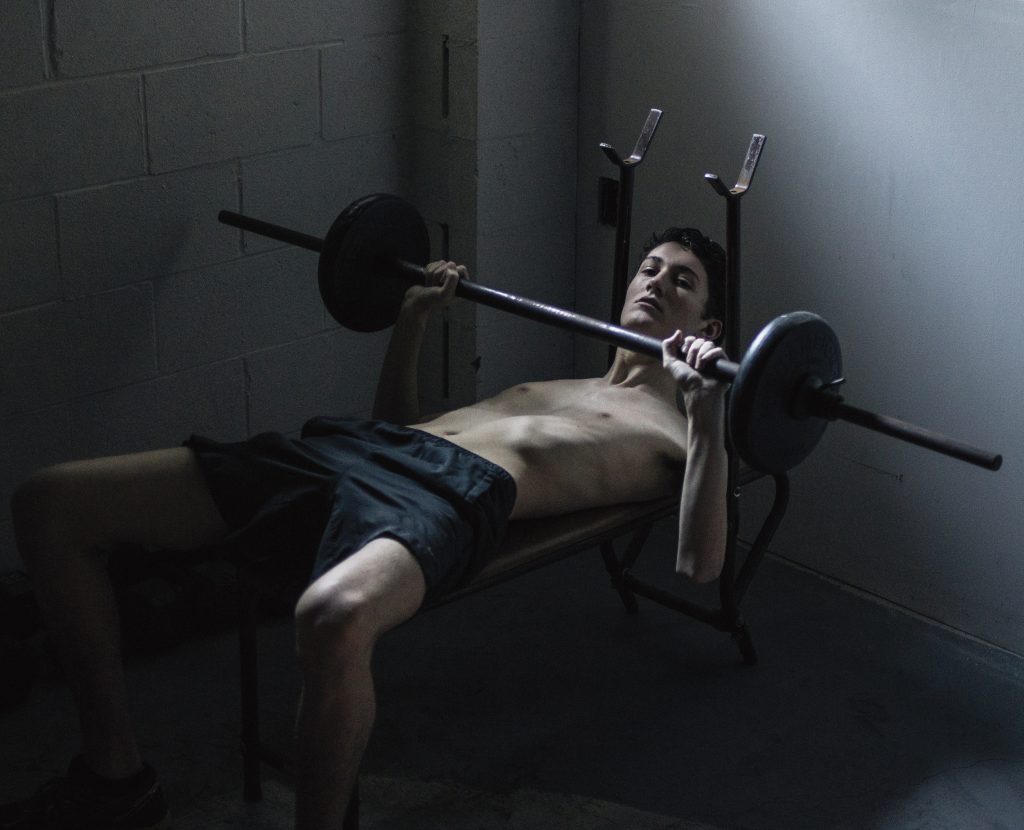
Throughout the images, Ryan’s frail frame evokes an apparent separation from athletics. “My condition and body type separated me from sports and removed me from typically masculine activities”, he explained. “Being closeted throughout my childhood and high school experience also contributed to my separation from other boys at school. Creating this series was an alternative way for me to explore my personal journey through boyhood.”
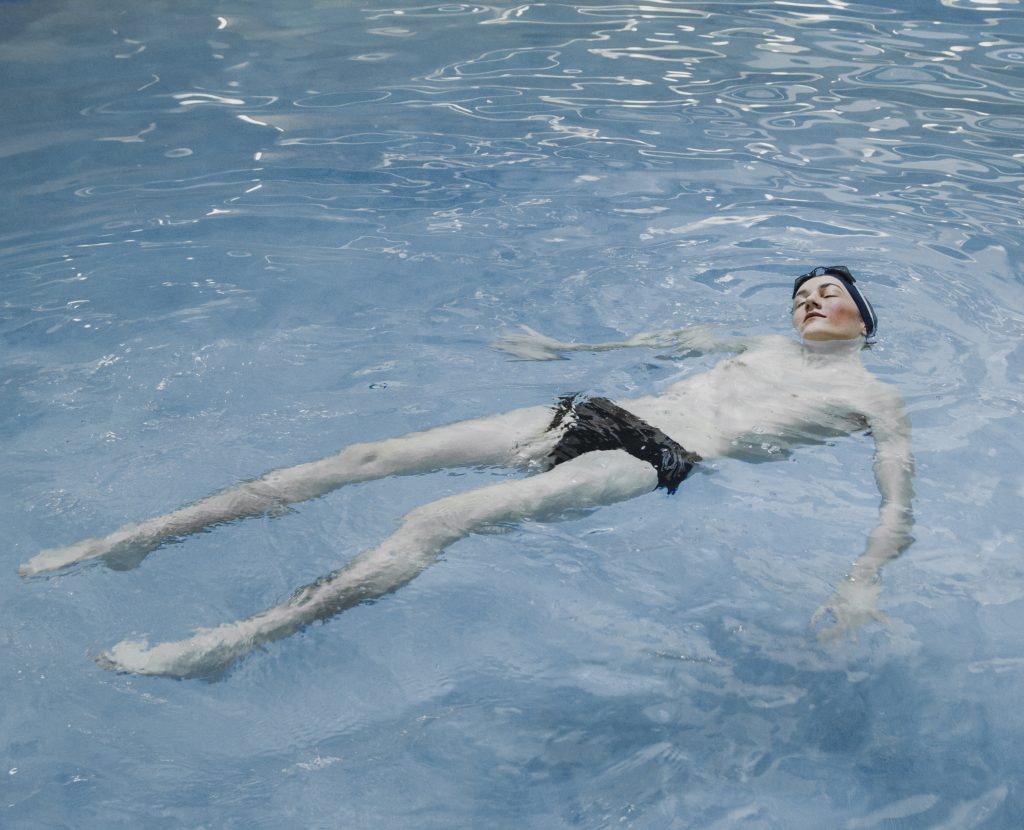
Ditch the Label has consistently found that young people are restricted by gender stereotypes, and face considerable social consequences for not conforming to them. This issue was the inspiration behind Tryouts – “I really wanted to use this series as a way to not only tell my personal story, but also tell the story of so many others”, Ryan told us. “I’ve had to deal with not fitting into ideal versions of what a “boy” should be and do, my entire life. I remember getting in trouble for not having enough male friends growing up – I felt like I could relate more to girls – a lot of boys seemed preoccupied with sport, and I was unable to connect with them because of that.’
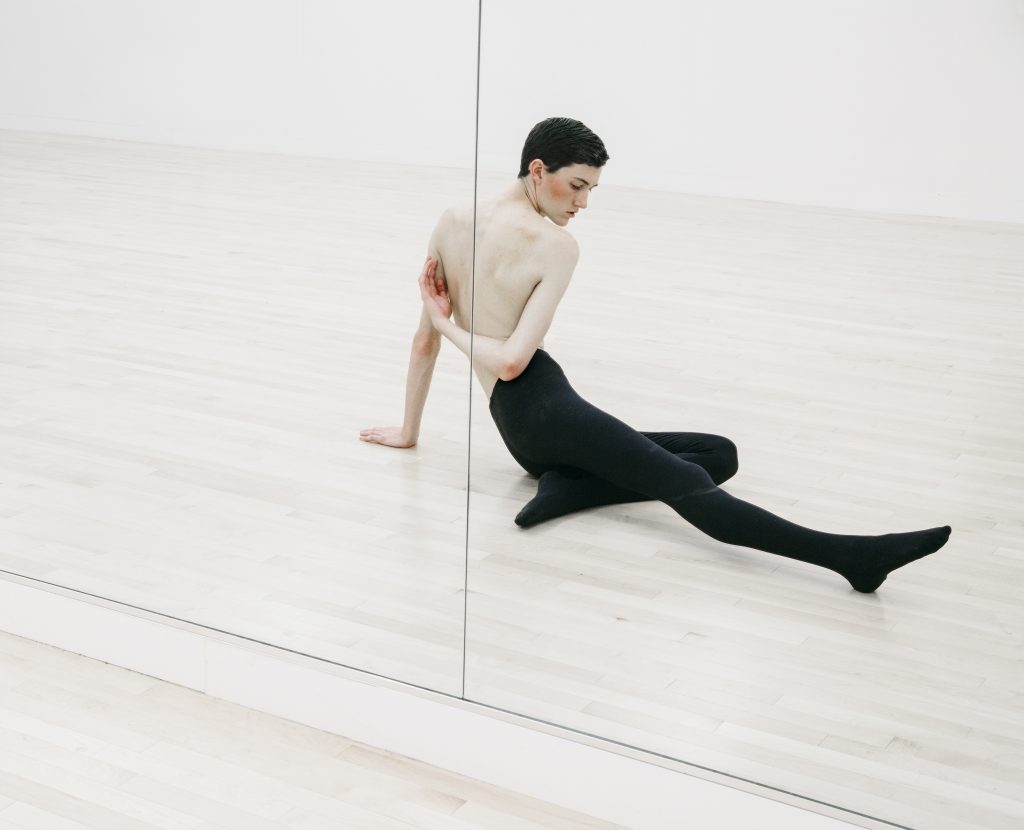
We live in a world where society feels the need to gender generic items and colour code them, it seems so barbaric! The general public needs to realise that there is so much diversity in every human being, and instead of categorising and forcing people into groups we need to celebrate individualism. No person fits into the same mould as another. Conforming causes issues which only further builds social boundaries. These boundaries lead to bullying and other unnecessary forms of segregation.”
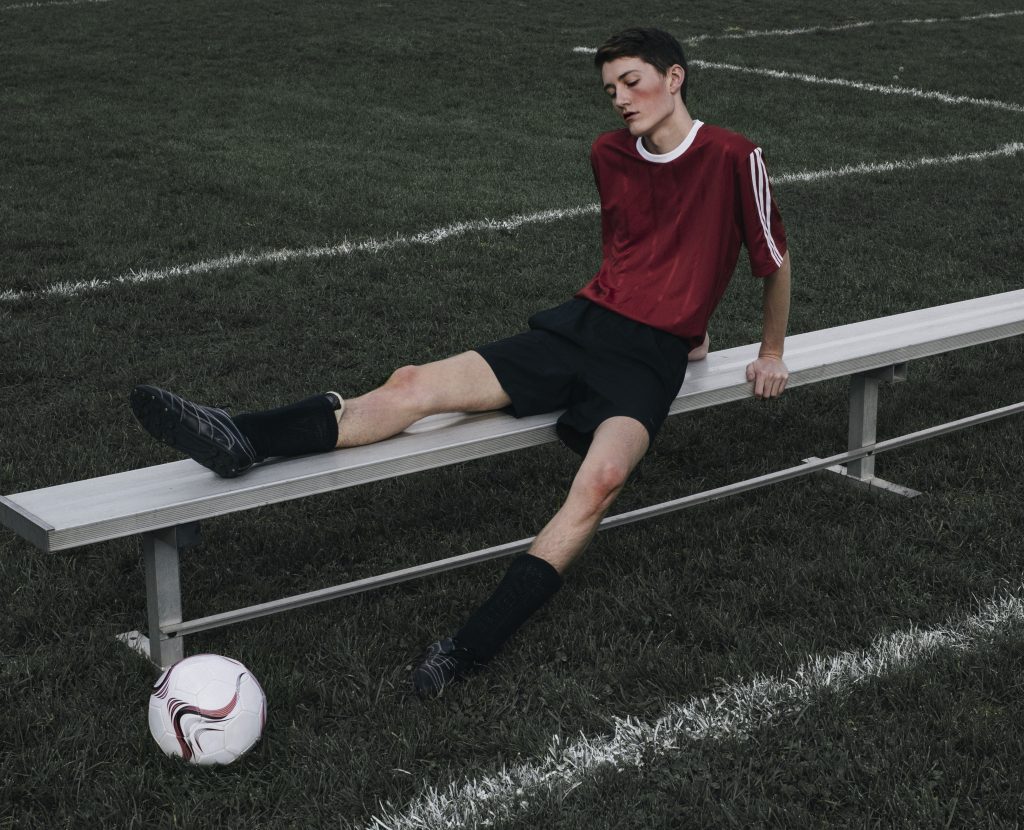
Growing up Ryan experienced bullying because of attitudes towards his sexuality and appearance – “In school I would get made fun of for the clothes I wore, the way my voice sounded, etc. Even though I didn’t come out until after high school I was still called a ‘faggot’ and other derogatory terms. Bullying is such a harsh and unnecessary thing for any human to deal with. I believe I tolerated enough, and at some point decided to stop caring about anything negative that was said to me.
To those who are currently experiencing bullying – I can really sympathise with you. Bullying causes emotional wounds that are not easily mended. I know how it feels to not fit in. It’s violent and can be unbelievably difficult to deal with. I know that it’s even more challenging to be strong in situations where you feel so weak, but I’ve been there too and it truly does get better. Seek help from those around you, whether it is loved ones or teachers. Find light.”
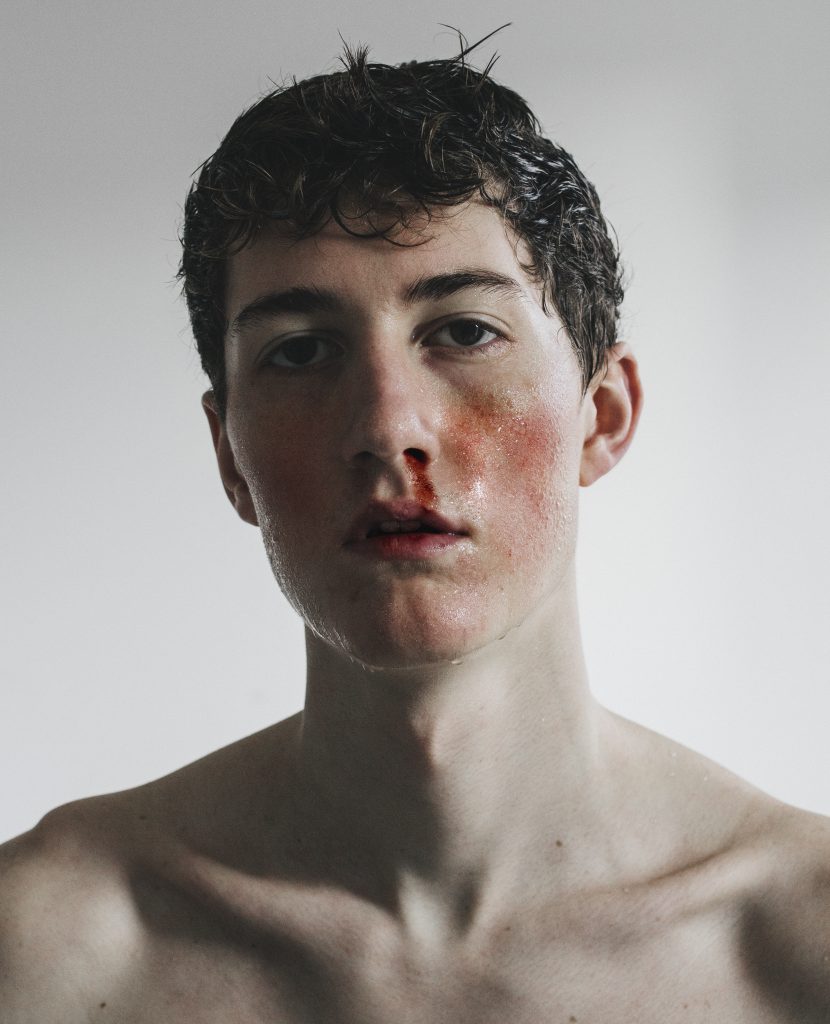
“I do have hope that it is becoming easier for any individual in our current society to express their feelings and be the person that they want to be. I think the older generations are fixated on this traditional approach of masculinity, yet in 2016 we are nearing the tipping point. I think that people just need to be more open-minded, and this is happening with the help of activism and charities like Ditch the Label fighting to end these issues. Now, in 2016 people can express themselves more than ever due to the work of so many incredible activists before our time. I’m especially appreciative of LGBTQ+ activists and those who fought alongside them. They are the reason that I am able to enjoy life and be comfortable with who I am.”
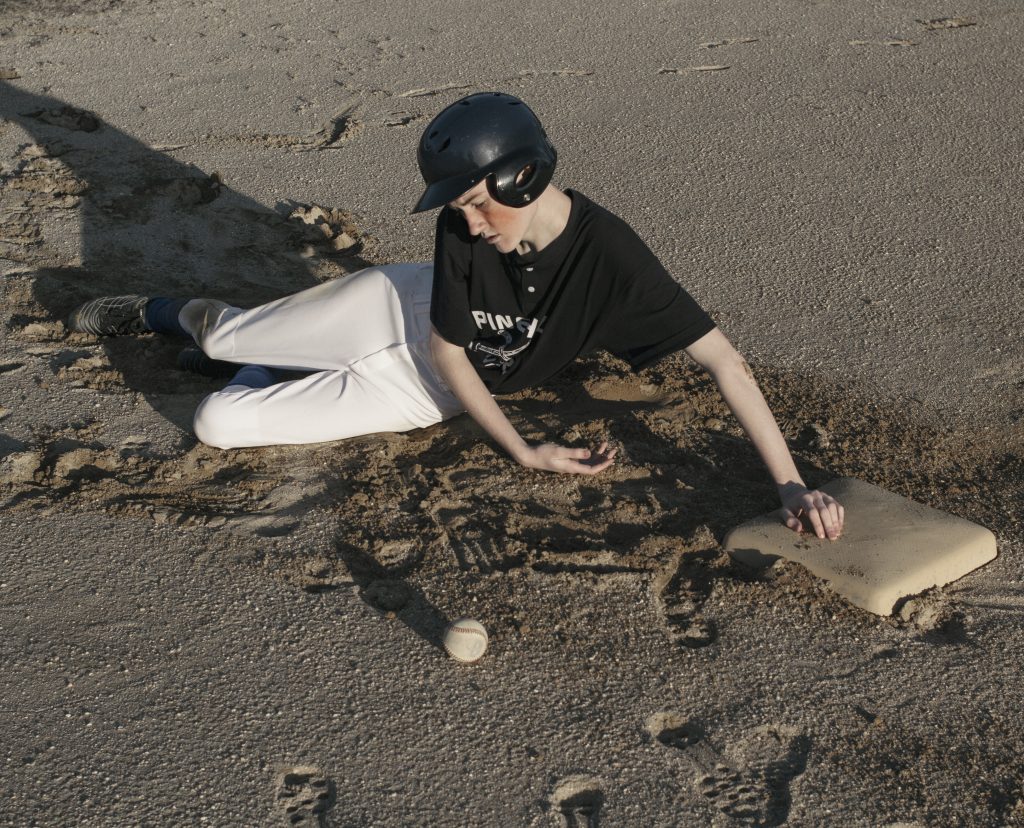
Written by Ryan James Caruthers













